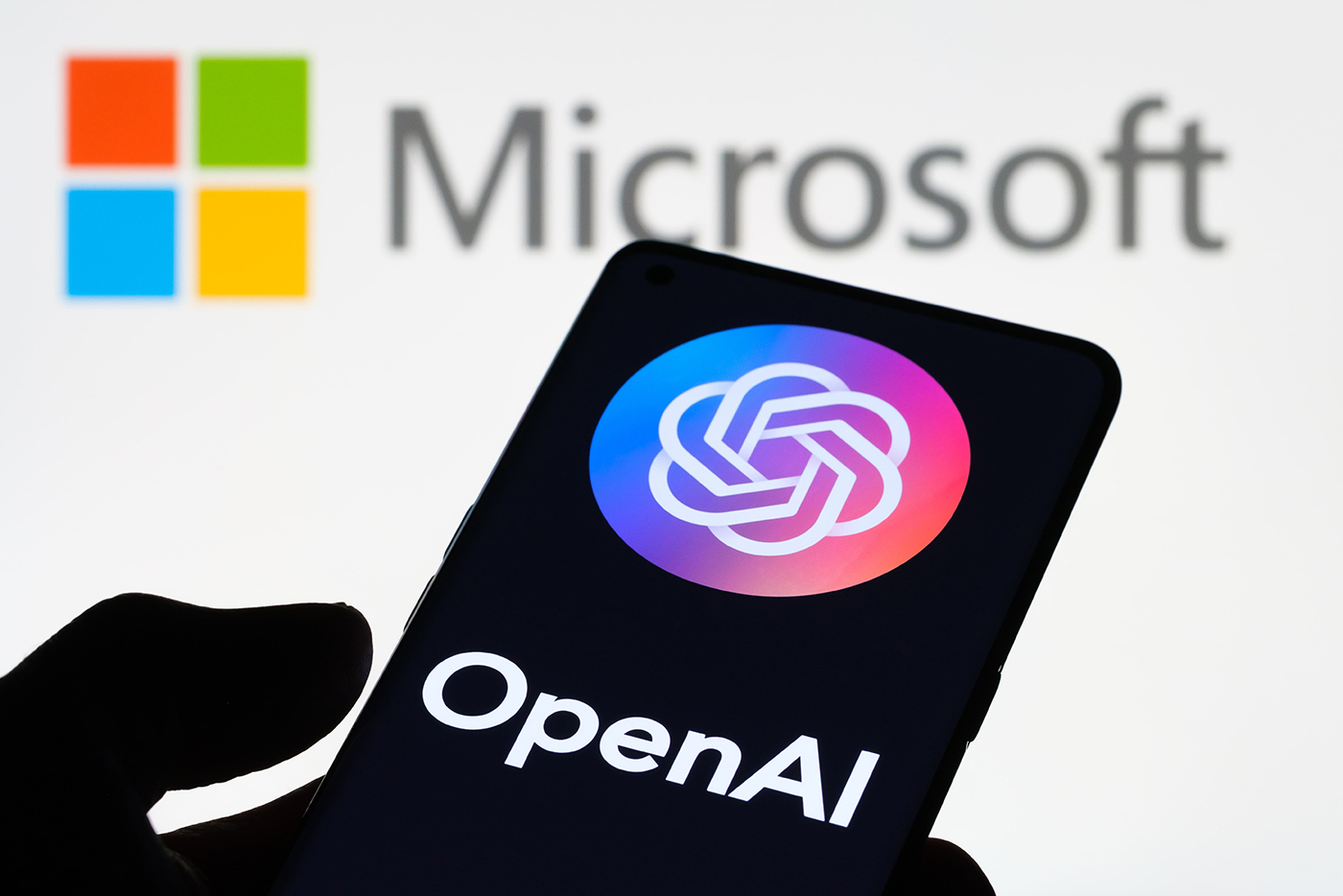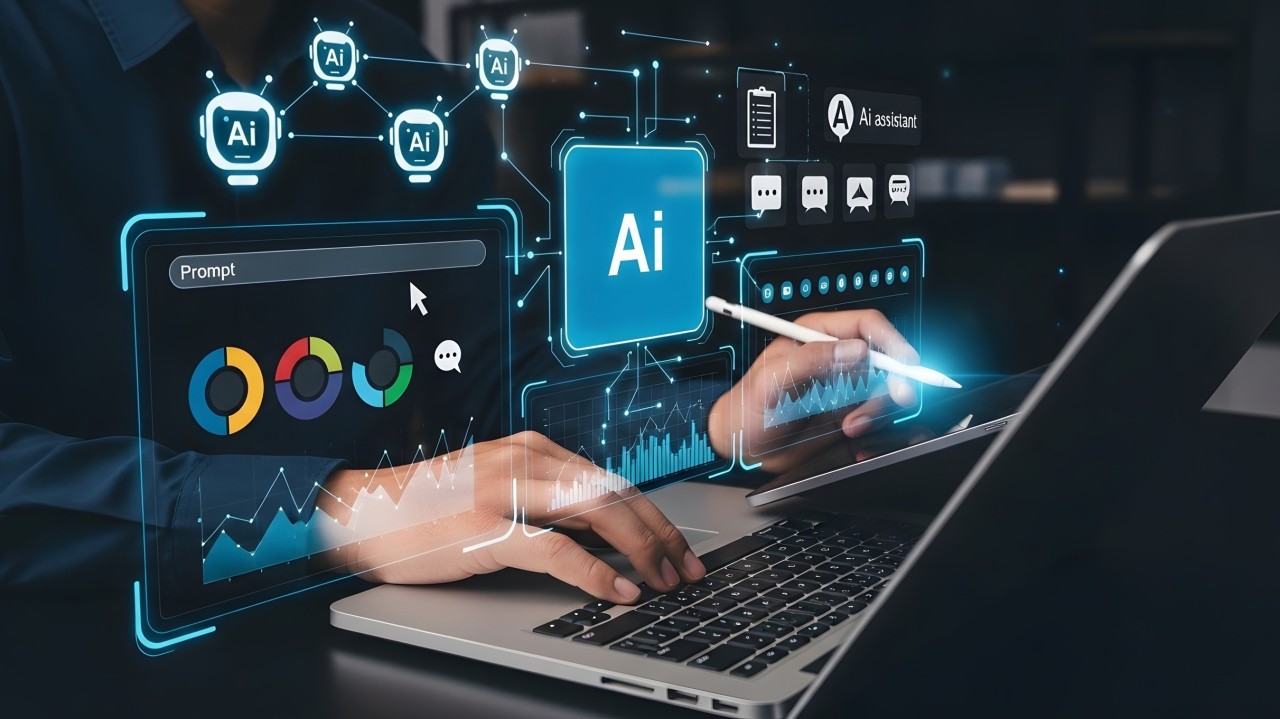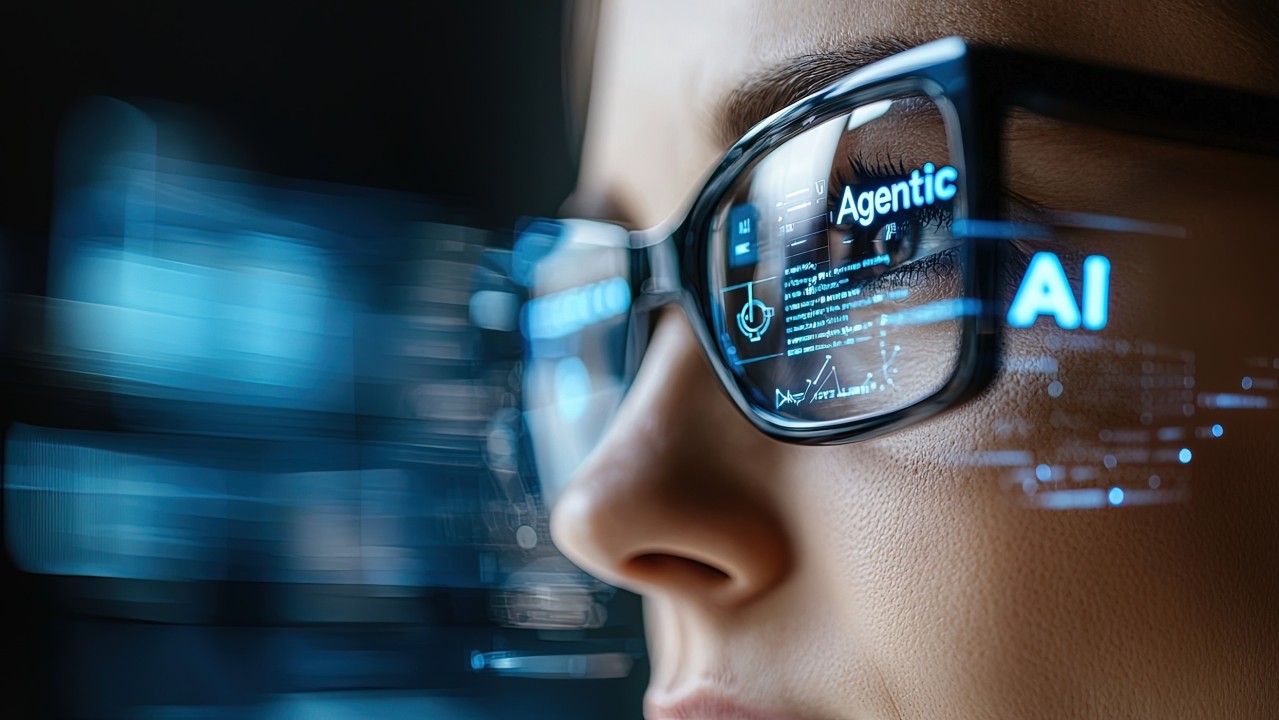Microsoft’s Plan To Infuse AI And ChatGPT Into Everything
17 March 2023
Microsoft has big plans for artificial intelligence (AI), and it’s becoming clear that it believes that ChatGPT – and natural language technology in general – will play a big part.

The Seattle-based software giant brought office and home PCs into the mainstream in the eighties, thanks to its Windows and DOS operating systems. In the nineties, it played a big role in making the internet an important part of our lives. Now, it’s hoping to stake its place in history as a company that brings AI – this century’s hottest tech trend – to the masses.
Since announcing a £10 billion investment in OpenAI, the creator of the ChatGPT chatbot, at the start of this year, it has already integrated the technology into its Bing search engine and spoken about plans for a range of further integrations.
In effect, this will mean that it can “bring to life” some of its most well-known and widely used applications and tools. Once infused with natural language AI, we are no longer limited to interacting by clicking a mouse, tapping on a screen, or issuing simple one-line voice instructions. Instead, we can (in theory) converse with the application in a very similar way as we could do if it were an actual person.
Imagine simply telling Word that we want it to write a letter, or Excel to create a spreadsheet. This may seem far-fetched, but it isn't a million miles from the vision that Microsoft has of the way we will be using and interacting with our computers and devices within the next few years. In fact, CEO Satya Nadella has said that “Every product of Microsoft will have some of the same AI capabilities to completely transform the product.”
By betting the house on language-based AI, Microsoft is setting its sights on instigating nothing less than a total revolution in the way we use machines. It intends to usher in the age of augmented working, general-purpose AI tools, and a new generation of user interfaces. Will it work? Just as importantly, should it work? Let's take a look at what we know so far about its plans and what's being speculated about what it might mean for the future of human-machine interactions:
Automated Computer Code
The first Microsoft application to integrate a natural language tool predates the excitement over the public release of ChatGPT. GitHub Copilot has been available since 2021 and uses OpenAI’s Codex engine – a modified version of GPT-3 specifically trained to write code – to provide autocomplete features for coders. GitHub is an online repository for computer code, owned by Microsoft and used by over 100 million software developers. The fact that this was chosen as one of the first integrations of natural language technology with Microsoft-owned services shows that the company believes it has tremendous potential for driving efficiencies around the way that software is designed and developed.
Search Redefined?
Microsoft has already integrated GPT technology (generative pre-trained transformer – the “brain” of ChatGPT) into its Bing search engine, although, as of writing, users may have to join a waiting list in order to get access to the new Bing. The interesting element of this is that it represents Microsoft directly challenging Google for the title of king of search – a title that Google has held for over 20 years. Natural language search offers a new way to extract information from the internet. Rather than simply returning web pages, it can extract facts, figures, and answers and format them into a response that most helpfully answers our queries. Whether this will permanently change the way we search the internet is up in the air – but one thing that’s certain is that it has got Google worried enough to put the pedal to the metal on the development of its own language model, Bard.
The Office of the Future
Understandably, there’s a lot of speculation at the moment about how Microsoft might build ChatGPT functionality into its world-leading suite of office software, formerly known as Microsoft Office and Office 365. This package includes some of the most widely used enterprise productivity tools in the world, including Word, Excel, PowerPoint, and Outlook. Although concrete details have not been made public, there are some obvious use cases that would seem likely to be included, such as automatic email creation in Outlook, spreadsheet formatting in Excel, and all manner of writing tasks that could be automated in Word. Given that these are applications that are used every day by millions of businesses to carry out day-to-day activities, a full ChatGPT integration, as promised, is likely to have a huge impact on the way that many of us spend our working days.
Collaborative Working
ChatGPT functions are already enabled in Microsoft Teams, its collaborative working environment featuring virtual conferencing and video calling functionality. Users who pay to use the premium version can take advantage of automated note-taking functions that automatically create bullet-pointed references of ongoing conversations. It will automatically recap meetings, translate languages in real-time, create to-do lists based on conversations that take place, and provide transcripts and summaries of calls. One particularly interesting feature is that these functions will be personalized, with individual reports and summaries created for different team members depending on their roles. This will even extend to the ability to create reports for team members who aren’t present in a particular meeting.
Power Platform
These applications tend to be used by slightly more technical users than those who solely rely on Microsoft’s Office suite. They include Power BI and Power Automate and potentially offer some of the most exciting implications when it comes to ChatGPT or natural language integration. The Power apps are focused on the no-code/low-code concept, allowing users to create their own applications or set up complex automated processes without needing to get their hands dirty with actual computer code. Because they already allow users to accomplish fairly complex tasks, integrating a natural language interface would remove yet another layer of complexity.
Automating the Sales Process
Microsoft’s Viva Sales application is used to manage incoming and outgoing sales communications, and a preview version was recently announced that uses ChatGPT to automate some functionality. Suggested email content will be available and personalized to individual customers to include information specifically relevant to them. Microsoft says that sales agents typically spend 66 percent of their day on tasks that can easily be automated, freeing them up to dedicate their time to specific customers and challenges that require a human touch.
I Work With Microsoft Products – Will AI Take My Job?
If Microsoft products can now effectively create output themselves without having to be told specifically what to do – what implications does that have for the careers of millions of knowledge workers who use them?
Nadella himself has attempted to put minds at rest on this issue – “The best way to prepare for it is not to bet against this technology, and this technology helping you in your job and your business process”, he has said. What this means is that the best way of ensuring AI doesn't replace you – whether or not you rely on Microsoft products to do your job – is to make friends with it rather than think of it as an enemy.
Related Articles
The 4 Myths Holding Back The AI Revolution, According To Nokia Bell Labs
By now, “smart” versions exist of just about every home appliance, gadget and gizmos we can think of. However, manufacturers continue[...]
Dreamforce 2025: Why I’m Excited About Salesforce’s Agentic Enterprise Revolution
By now, “smart” versions exist of just about every home appliance, gadget and gizmos we can think of. However, manufacturers continue[...]
Sign up to Stay in Touch!
Bernard Marr is a world-renowned futurist, influencer and thought leader in the fields of business and technology, with a passion for using technology for the good of humanity.
He is a best-selling author of over 20 books, writes a regular column for Forbes and advises and coaches many of the world’s best-known organisations.
He has a combined following of 4 million people across his social media channels and newsletters and was ranked by LinkedIn as one of the top 5 business influencers in the world.
Bernard’s latest book is ‘Generative AI in Practice’.






Social Media